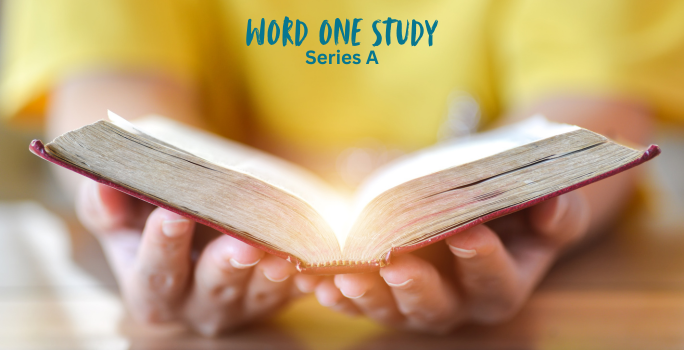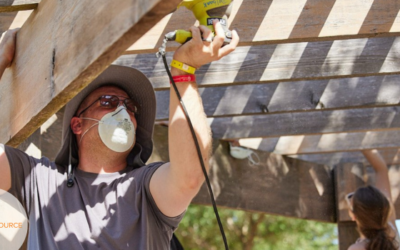Download a printable PDF of the Word One Bible Study for Pentecost 8A Gospel.
Text: Matthew 13:24-30, 36-43 for the Eighth Sunday after Pentecost, Lectionary Series A
Objectives
Participants will:
- Identify the difference between “good seed” and weeds.
- Share what it means in their daily life to know they are part of God’s Kingdom.
Materials Needed
Bible
Pencil
Strongly Agree and Strongly Disagree signs
One Die
Group Guidelines
This Bible study has been developed for groups of 6-8 people. The individual who has the whitest socks will function as group leader. The group leader will help encourage each member of the group to participate, but will also allow the group members the freedom to pass if they do not wish to share. not wish to share.
Building Community
- Share with the group your high and low for the week and one thing you envision being featured in hell.
- Form an opinion line (Put a Strongly Agree sign on one side of the room and a Strongly Disagree sign on the opposite sides of the room). Participants are to respond to the following statements read by the leader by going to the area of the room that best describes their opinion. After each statement is read and participants are in place, the leader asks a few of the participants to respond as to why they chose that particular place on the opinion line.
- that all people who are good will go to heaven.
- I do not believe there is much of a difference between non-believers and believers in Christ.
- I can hang out with non-Christians and not have my faith affected.
- When God returns on Judgement Day, He will separate the believers from the non-believers.
Looking at God’s Word
- Read Matthew 13:24-30. In this parable who is the sower? What does the wheat represent? the weeds? the enemy? the harvest? Read Matthew 13:36-43 for further explanation.
- Read Matthew 7:15-20. How does the parable of the wheat and weeds relate to this section of Scripture?
- What do you know about the harvest God has promised will come? (See Revelation 14: 14-20, Matthew 8:12 and Matthew 24:31).
- What is the harvest field like where God has placed you?
- How can you tell the difference between those who are ”wheat” and those that are “weeds?” (See John 8:42-47 and 1 John 3:10).
- How do you know that you are wheat? (See Ephesians 2:8-9 and Romans 6:4). What does it mean to you in your daily life to be a “new creation?” (See 2 Corinthians 5: 17, Luke 9:23, Ephesians 4:24).
Reinforcing What Has Been Learned
On a piece of paper, complete the following sentences:
- The most challenging part of this parable for me is …
- One thing I learned about myself from today’s parable is …
- One thing I do not understand from this parable is …
- I know that God has saved me because …
- The difference between ”wheat” and ”weeds” is …
- One thing I plan to apply to my life as a result of studying this parable is …
When everyone has had time to complete the sentences, each group member will roll a die and share with the group their response to the number of the sentence that matches the roll of the die.
Closing
Close this session with a circle prayer in which individuals give thanks for the gift of God’s grace that makes them a child of His Kingdom. Beginning with the leader, have each person in the group speak this prayer, inserting the name of the persons on their right; ‘Thank you heavenly Father for making _____ _,part of Your Kingdom by your grace through Your Son, Jesus. Amen.”
by Carolyn Grohn






0 Comments